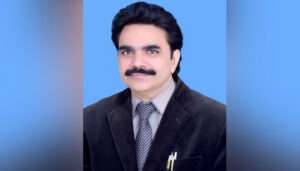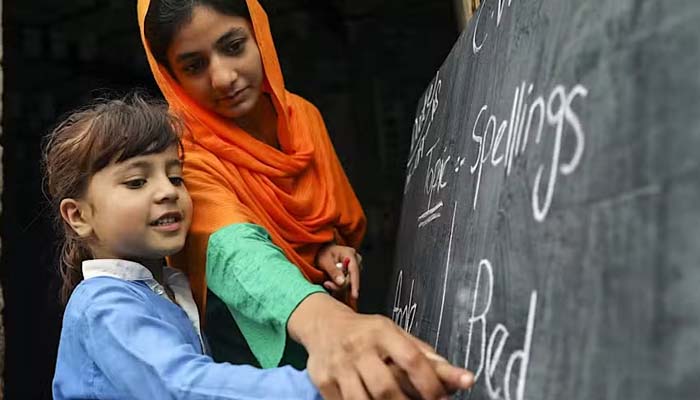When Caliph Harun al-Rashid requested the great Islamic scholar Imam Malik to come to the royal palace and teach him the Hadith of the Prophet Muhammad (PBUH), Imam Malik responded, “People come to knowledge; knowledge does not go to people.” He further said, “If you truly wish to learn, you must come to my circle of learning.” Upon hearing this, the Caliph personally attended Imam Malik’s session and sat leaning against a wall. Seeing this, Imam Malik remarked, “If you want to acquire knowledge, you must respect the scholars.” The Caliph immediately stood up and politely asked for permission to sit in a respectful manner.
Allama Iqbal, the great philosopher-poet, held deep respect for his teacher, Syed Mir Hassan. When the British government intended to honor Allama Iqbal with the title of “Sir,” he humbly told the Governor that he would only accept the title if his teacher was awarded the title of “Shams-ul-Ulama”. The Governor inquired, “Has he written any book?” Allama replied, “He has not authored any books, but I am his living book standing before you.” The Governor had no response to this powerful statement and accepted the proposal.
After this matter was settled, Allama Iqbal realized that his respected teacher lived in Sialkot and would have to travel to Lahore to receive the honor. He then added, “There is one more condition I forgot to mention, my teacher is old, and he should not be made to travel to Lahore. Instead, he should be awarded this honor at his home in Sialkot.” The Governor agreed to this as well, and Syed Mir Hassan was awarded the title “Shams-ul-Ulama” at his own home.
These true stories of reverence for teachers serve as powerful reminders for the younger generation: a teacher is not just a professional but a guiding light who leads others to the right path. A true teacher imparts not just academic knowledge but also shapes students’ character, thoughts, ethics, and sense of humanity. A teacher inspires dreams and gives students the courage to turn them into reality. Their impact is not temporary, it lasts for generations.
October 5th is celebrated worldwide as World Teachers’ Day, a day dedicated to honoring the contributions of educators who shape the minds, consciousness, and future of societies. It not only highlights the importance of teachers but also provides an opportunity to reflect on the challenges they face and the need to improve their well-being.
Globally, this day commemorates the recommendations adopted in 1966 by the ILO and UNESCO concerning the status, rights, responsibilities, training, recruitment, and teaching environment of teachers. Later, in 1997, separate guidelines were introduced for teachers in higher education. Since 1994, this day has been officially celebrated every year.
The theme for this year is: “Recasting teaching as a collaborative profession,” This theme emphasizes that teaching, once considered an individual responsibility, must now be redefined as a collaborative and cooperative profession. Across the globe, many teachers work in isolation, with limited training and minimal peer support. This negatively affects educational standards, student outcomes, and the mental and emotional well-being of teachers themselves.
UNESCO, ILO, UNICEF, and Education International have jointly stressed that governments and policymakers worldwide must create environments that foster collaborative learning, exchange of experiences, and collective growth among educators. In education, collective strength—not isolation—is the key to lasting improvement.
However, despite this understanding, teachers in many parts of the world, especially in developing countries, continue to lack the respect, salaries, training, and facilities they deserve. These regions often suffer from poor educational infrastructure, policy failures, and political apathy, issues that disproportionately burden teachers.
To address this, it is essential to: Introduce quality training programs, Involve teachers in decision-making processes, Foster environments of collaboration, mentorship, and support within schools, Utilize technology and modern teaching tools for teacher empowerment and most importantly, ensure teachers are accorded the dignity, respect, and societal standing they truly deserve, Because a teacher does not reside only in the classroom, they live on in every heart where their lesson once took root.





Comments are closed, but trackbacks and pingbacks are open.